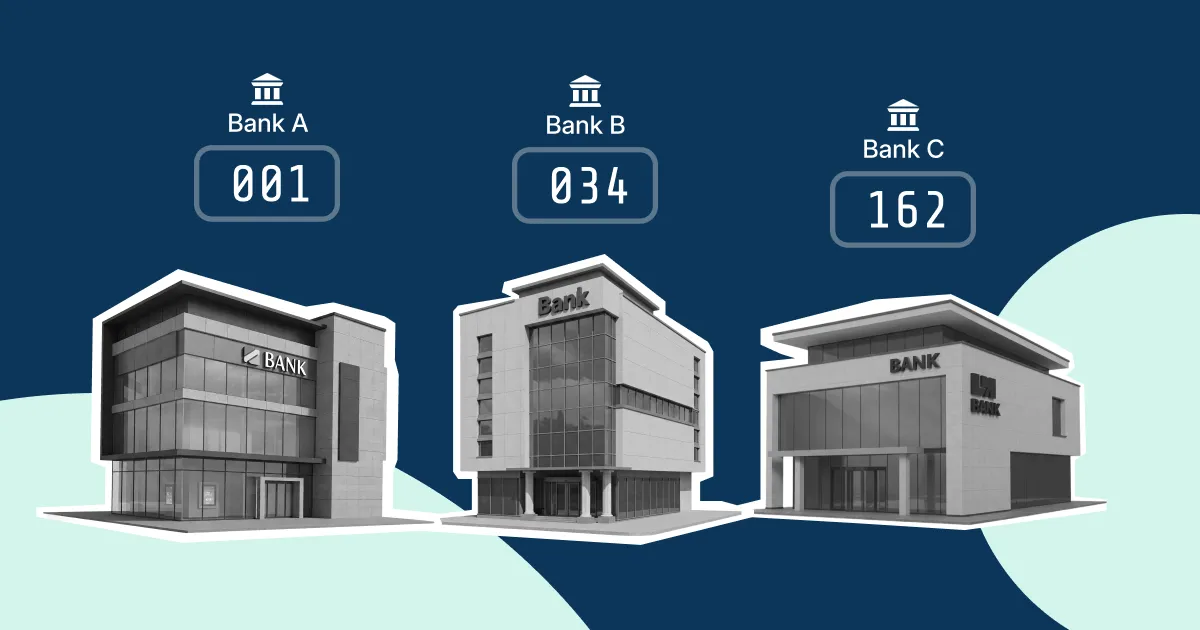Summary
From payment transaction tools to accounting software, this business model is just about everywhere. The subscription business model operates by charging customers regularly for a particular product or service.
Just like your favourite subscription-based businesses like Netflix and Spotify, customers will have full autonomy over how often and how long they want to use the service. On top of that, they also have the option to cancel or renew their subscription at any time.
Why subscription business models are on the rise
Compared to a large upfront one-time price, this model allows customers to test the waters and try a product or service before committing to it on a long term basis. If customers continue to see value in a company’s product offering, they are more likely to continue paying for it and extend their subscription. If not, they can freely cancel their membership at any time and only pay for their usage.
But the greatest benefit that trumps all others is how it focuses on customer retention instead of acquisition. By capitalising on customer relationships through subscriptions, companies can steadily grow their customer base, gain consumer trust, and generate income at the same time.
Unlike a one-time purchase, subscription fees are also generally cheaper, which is suitable for entrepreneurs looking for cost-effective options. This system is mutually beneficial for both customers and business owners.
While the concept of subscription models may sound relatively straightforward, it still presents certain challenges that are especially relevant for modern business owners.
Here are the 5 most common obstacles businesses face when tackling recurring payments.

5 Challenges Faced by Businesses When it Comes to Recurring Payments
• Automated invoice processing
• Missed or failed payments
• Accepting payments in multiple currencies
• Security of data and payments
• Payment gateways support
1. Automated invoice processing
Business automation has the power to change the way you manage your business. From increased productivity and performance to reduced operating costs, the benefits are close to endless. To bring more speed and transparency to your invoicing workflows, tap into automated invoice processing to save heaps of time and money as well.
Putting an end to time-consuming manual data entry with automation isn’t just a worthy investment, but also creates standards across all facets of your business.
2. Missed or failed payments
It’s not uncommon for people to miss monthly payments due to insufficient funds or simply because the deadline slipped their minds. Most online services or subscriptions are enrolled in an automatic payment plan, so you can imagine how easy it is for customers to forget.
An ideal billing solution is one that automatically alerts customers when a recurring charge is almost due to avoid late or failed payments. Since they operate entirely online, most virtual business accounts and digital accounts send out timely automated payment reminders and notifications. Consider this when choosing your preferred payment account.
3. Accepting payments in multiple currencies
Engaging various international clients is always a good thing for business. But not when your billing system only accepts payments in limited currencies.
To combat this problem, opt for a recurring billing solution that allows you to accept payments in different currencies. In this way, your clients and suppliers can pay in the currency they’re familiar with and will not be heavily faced with foreign transaction fees.

4. Security of data and payments
With most payments today being made via debit or credit cards, it is key to find a billing solution or provider that will protect your data securely. Even the simplest of activities like sharing payment details online or making transactions via mobile banking may run the risk of card fraud. In order to prevent this, you’d want a card provider or billing solution that is PCI-compliant, which ensures that a user’s data is safe as they transact.
One of the safest solutions is digital banks or business account from payment service providers. Most traditional banking customers may be sceptical, but these payment solutions actually add a layer of protection against fraud.
Since virtual account numbers are only used in card-not-present transactions, they offer strong protection against data theft. Without a physical card present, it also makes it impossible for your card to be stolen.
5. Payment gateways support
Sometimes, payment gateways may get in the way of a successful transaction. Similar to accepting payments in multiple currencies, your preferred billing system should be able to facilitate a diverse range of payment partners to let you receive payments from across the globe.
This includes everything from credit or debit card payments, online payment gateways, e-wallets, and even digital currencies. With that, it streamlines the processing of your payments and makes it one step easier to pay off your monthly dues.
Never miss a recurring payment again with Aspire
Want to streamline your workflows for recurring business payments? Say hello to the Aspire Business Account, a payment services account.
All digital business account holders can make scheduled payments, get access to the expense management feature, and unlock Aspire Bill Pay — our very own AI assistant that optimises your cash flow by eliminating manual data entry.
From handling recurring payments to managing your expenses, it’s an all in one finance operating platform — just how it should be










%201.webp)


.webp)